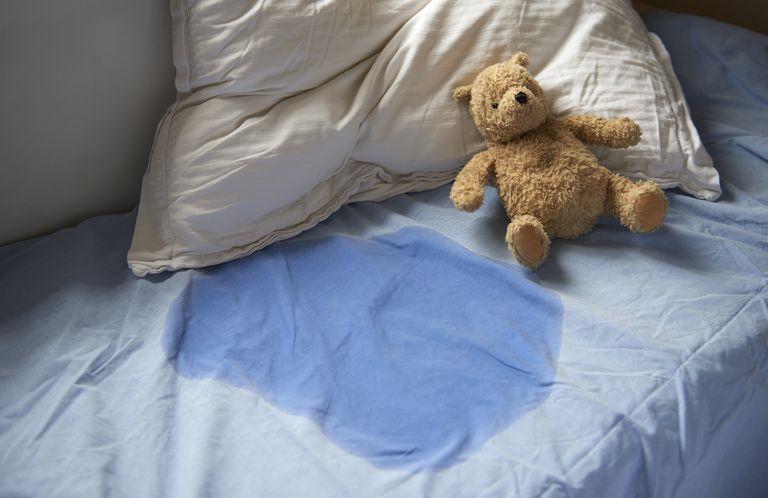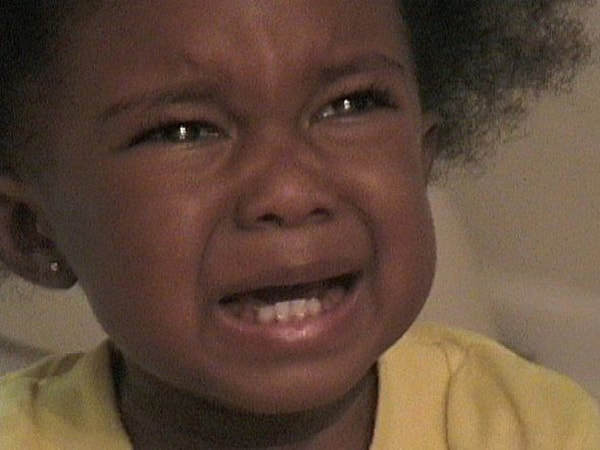|
7/3/2018 0 Comments Bed WettingBy Pia Mattix Davis Peter Dazeley / Getty Images Nocturnal enuresis, or bed wetting, is a fairly common childhood occurrence. For many reasons, parents tend to become annoyed or frustrated when their child wets the bed after potting training. Unfortunately there is little correlation between daytime and night time bladder control. According to the American Academy of Family Physicians, nocturnal enuresis is not a result of drinking liquids before bedtime, the result of a psychological problem, laziness or to spite parents.
Instead Nocturnal enuresis is often caused by:
Before and after seeking help from medical professional, parents should empathize with their child, and show compassion and respect. Treat bedwetting as you would any other accident.
Bed wetting like, waking at night, and toddler tantrums will soon become a thing of the past, but a child’s remembrance of their parent's response to everyday events can linger for a lifetime. #empathy #respect #positiveparenting
0 Comments
7/2/2018 0 Comments It's Not Okayby Pia Mattix Davis As parents most of us have said to our children at sometime "it's OK".
But is it really OK or are we just attempting to silence the child's cries and frustration instead of hearing what they have to say? As parents we are responsible for helping our children to nurture and develop their own voice, but when we tell them that it's OK, we are negating what we are attempting to teach. Instead we communicate that what the child is feeling right now is not what they should feel. So when your daughter falls off of her bike and hits her knee on the ground, or when your son is sad because someone hurt his feelings, instead ask, "does it hurt", "are you in pain", or "are you OK", and allow your child to answer. If your child has yet to develop the vocabulary to fully express his feelings, it is acceptable to offer choices of words to help the child to identify and to communicate how they feel. It is never OK to tell the child how he or she feels. The image above is a stock photo. |
Lose ControlParenting Strategies to help move the focus from the child's behavior to the parent's response. Archives
March 2021
Categories |
Proudly powered by Weebly


 RSS Feed
RSS Feed